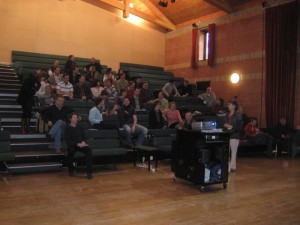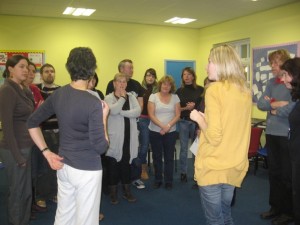Barbara and I have been working away at an article – Is philosophy what you think? – and then spent over 2,600 words explaining why it might not be. There are many misconceptions out there. We wanted to explore and explode some of these myths. The article may well appear in one of these blogs in the future – but for now I will leave you with one tantalising bit: What is the point of philosophy?
The point is to enable children to explore and deepen their thinking, to be exposed to other’s ideas, to gain confidence and become independent learners. Done well, philosophy teaches children skills for life and learning: an ability to question beyond the obvious; to disagree respectfully, giving considered reasons. This impacts on all areas of the curriculum. As one five-year-old said, “philosophy is about everything we do”. How very true.

